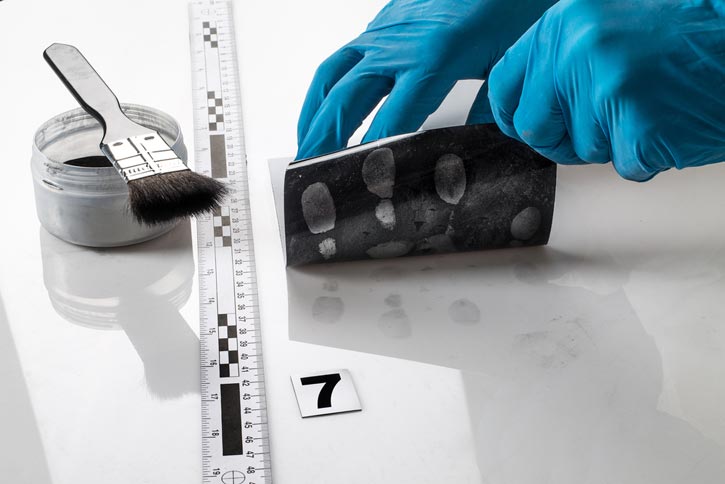
The Basics of Becoming a Forensic Science Technician
Are you investigating how to become a Forensic Science Technician and want to know more about the career? The main responsibility of a forensic tech is to analyze physical evidence in a criminal investigation. They do this by collecting evidence (such as hair, weapons and fibers) from a crime scene. They then perform tests and analyze patterns related to the evidence to determine its significance to a criminal investigation. As this evidence may end up being used in a court case, the crime scene tech must keep carful records about what they found, how they found it and what tests were performed on it. Some Forensic Technicians specialize in certain areas such as ballistics, fingerprints or biochemistry.
According to the Bureau of Labor Statistics, many Forensic Science Technicians have a bachelor’s degree in the natural sciences such as biology or chemistry, and may also have earned a master’s degree in forensic science. Other FSTs are actually police officers who may have earned a degree in forensic science. It is not uncommon for rural agencies to hire applicants who have only a high school diploma but that do have experience to supplement.
A Forensic Science Technician's Salary Potential
- Lowest 10th%
$35,620 - Median
$59,150 - Highest 90th%
$97,350
States with the Highest Employment Levels
| STATES | 2019 ANNUAL MEAN WAGE | NUMBER OF JOBS |
|---|---|---|
| California | $87,200 | 2,150 |
| Florida | $54,490 | 1,680 |
| Texas | $60,040 | 1,480 |
| New York | $68,000 | 860 |
| Arizona | $61,820 | 700 |
How Do Your Skills Stack Up?

As reported by O*NET, these types of tasks are conducted every day in this role. Would you feel comfortable performing these tasks as part of the day to day life of a Forensic Technician?
What Will You Learn with a BS in Criminal Justice - Forensic Science Degree?
A bachelor’s of science in criminal justice with a focus on forensic science may feature courses including:
- Evidence
- Arson Investigation
- Criminalistics
- Cyber Crimes
- Forensic Biology
Criminal justice degrees with a concentration in forensic science are typically designed to help prepare students to aid investigators in solving crimes, understand the causes and theories of crime, and conduct crime scene investigations. In addition to general education courses, the types of topics students may cover include: processing a crime scene and analyzing evidence; understanding computer crimes and investigations; using techniques like criminal profiling and psychological autopsies; and defining the roles of a forensic psychologist and their relationship to law enforcement.
FAQs About How to Become a Forensic Science Technician
What other types of training may be involved in becoming an FST?
What skills do Forensic Technicians Possess?
What is the average Forensic Science Technician salary?
What job titles are similar to or the same as a Forensic Science Technician?
What are common types of software I would have to learn as a Forensic Science Technicians?
What other types of tools are utilized by Forensic Technicians?
Job information sourced from O*NET
